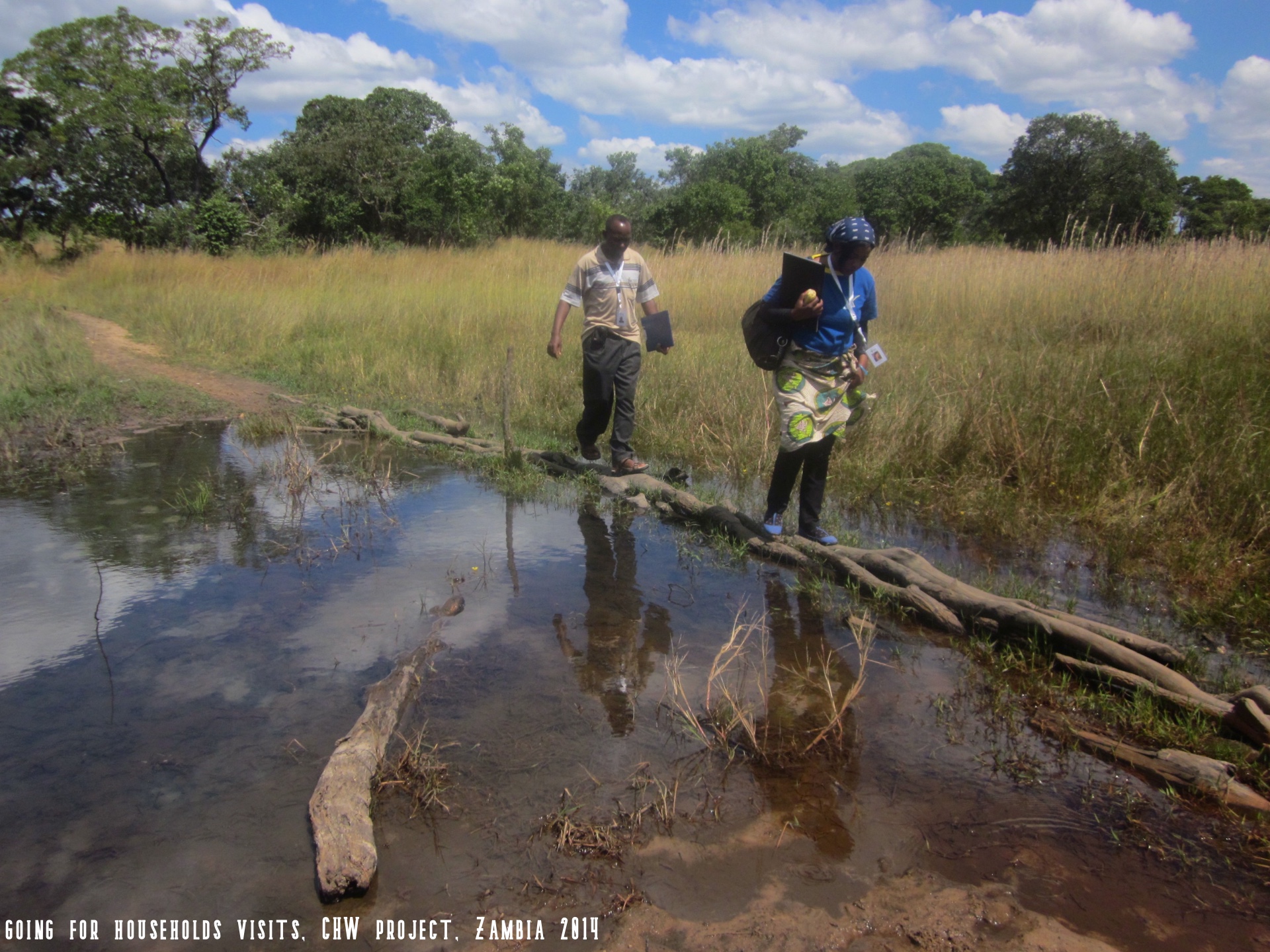
EC307 Course Guide
This course explores the microeconomic foundations of economic development.We will discuss education, health, gender, risk, corruption, financial markets, and technology and learning.In studying each of these topics, we will ask: What determines the decisions of poor households in less developed countries? What constraints do they face? Is there scope to improve livelihoods through the actions of governments, international organizations, NGOs, or market participants? What policies have been tried? How have they fared?
This course combines theory and empirics but maintains a strong applied focus.Under each theme, we will derive testable implications from the theory, subject these predictions to econometric testing, comment on the robustness of the results obtained, and seek to draw policy conclusions.
Most classes focus on one or two applied papers and an exercise that asks you to explore these questions on your own.These exercises are important.Class discussions will be based around the exercises and students will be randomly chosen to provide answers to different parts of each exercise.You are permitted (indeed, encouraged) to collaborate on these exercises, but each student must write up and submit an individual solution at the beginning of each class.At the end of the term, one of your assignments will be chosen at random, marked, and count towards your class grade.Students are strongly encouraged to complete the exercises to the best of their abilities before class.Not only do they count towards your class grade, they offer the best preparation for the exam.More importantly, they provide the surest route to learning the subject matter.
Note: Graduate Teaching Assistants (who are often PhD students) will teach classes on this course.
